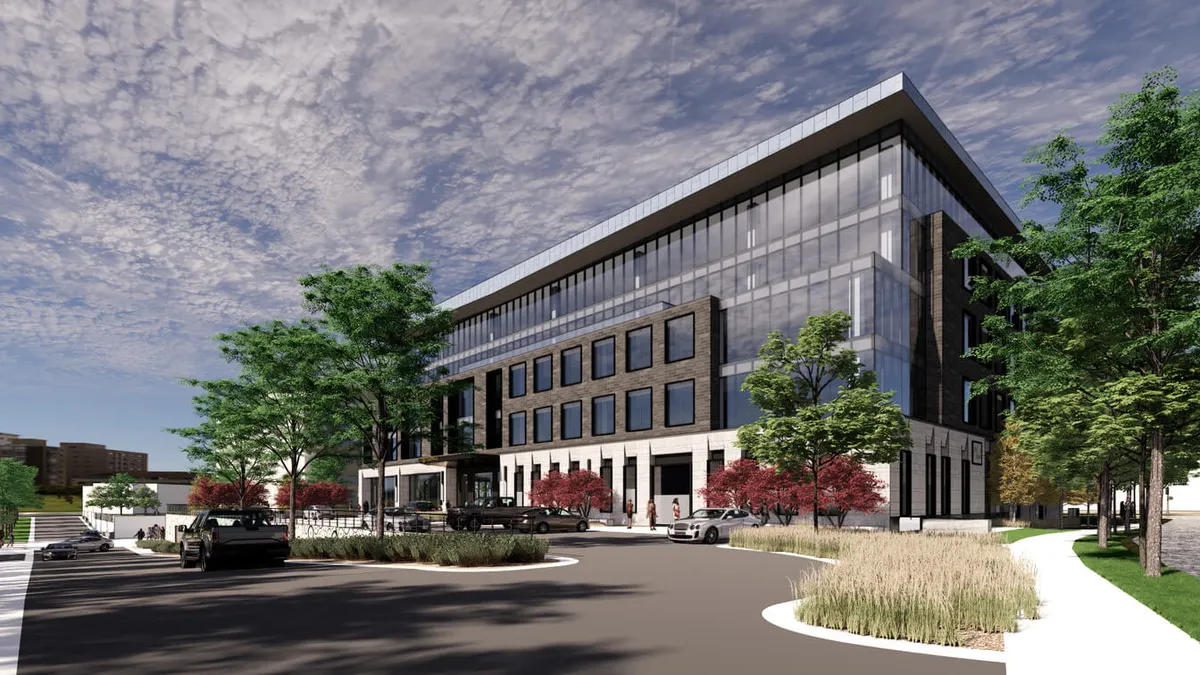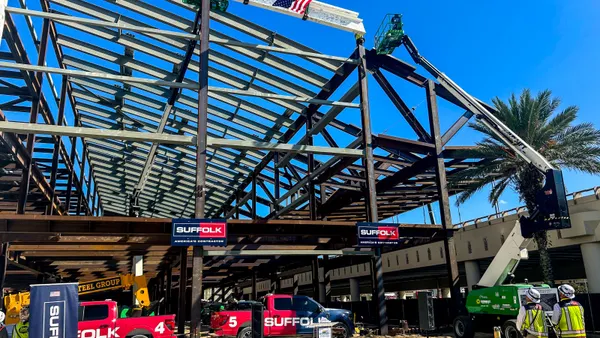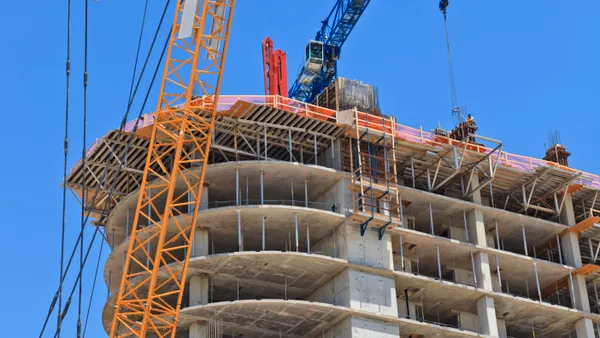Dive Brief:
- The Colorado Supreme Court has delivered a developer-friendly ruling that could give a much-needed boost to condominium construction in Colorado, according to The Denver Post.
- In a 5-2 decision, the court upheld a lower court's ruling that a homeowners' association was wrong to ignore the binding arbitration requirements in its bylaws and sue the condo complex's developer. The court said the homeowners' association should have first obtained the developer's permission to rescind that requirement.
- Supporters of the ruling said this should reduce the frivolous lawsuits that have all but halted condo construction in Colorado. Opponents argued that this gives developers "veto power" over association matters through the "consent to amend" declarations cited by the court.
Dive Insight:
The Supreme Court ruling comes a little over a month after Colorado Gov. John Hickenlooper signed a new defects law that requires homeowners' associations to get approval from the majority of unit owners in their developments before filing a lawsuit against builders for construction defects.
The new rules also mandate that homeowners be informed about the pros and cons of pursuing legal action. Under the old regulations, all that was needed for a lawsuit to move forward was the consent of the majority of the homeowners' association board.
It is still unclear how this new ruling will impact condo construction in the short-term, but experts told Construction Dive last month that it will take time for the legislation passed by Colorado lawmakers to have a significant impact on the market. Jonathan Pray, shareholder at Brownstein Hyatt Farber Schreck in Denver, said that it could take a few years of new development for insurance companies — which have made the cost of building condos in such a litigious environment very expensive — to lower premiums and make the projects more attractive to builders.
According to a report from The Gazette, condos made up 20% of the Denver housing market in 2005, a figure that has been reduced to only 2% to 3% since more restrictive construction defects provisions were legally enacted. Many state and city officials maintain that defects litigation has constrained condo building — often a first-home choice — when the population is growing and affordable options are lacking in the market.













